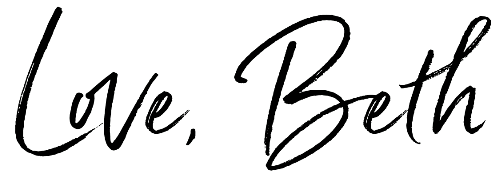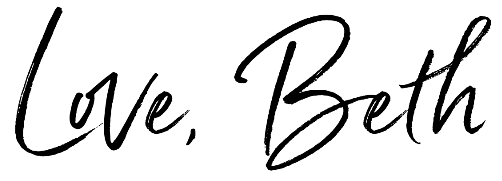In this issue, we’ll explore three practical ways you can build your self-confidence, accompanied by beautiful artwork by Michael Harkness.
We are works in progress: 3 tips to build self-confidence
I’m sure we’ve all felt that pang of jealousy when we meet someone self-assured and unfazed by other’s opinions. We’ve all been excited about an idea or opportunity, only to have our inner critic tear us down once again. So, what is self-confidence, and how the hell do we get our hands on it?
Self-confidence is defined as having belief in oneself. It’s being able to trust in your own abilities and judgments; to be aware of your capability and resilience. Self-confidence is important because it, essentially, brings happiness. When we’re confident in ourselves, we have a better sense of self-worth, and freedom from self-doubt, fear, and anxiety.
For many of us, fear really does hold us back in many areas of our lives, even when we don’t consciously recognize it. But I’ve been hitting the books (naturally) and the world wide web (duh), and I’ve learned some stuff about self-confidence, and how we can nick some for ourselves.
- Practice courage
This one seems to crop up a lot, but it seems like a really important way to learn more about yourself and to build your self-confidence. Trying new things, pushing back the barriers, and jumping out of our comfort zones is a way of proving ourselves to… well, ourselves. If you can push yourself to do something you never thought you could – or something you’ve just never considered doing – you gain confidence in yourself. Hence, self-confidence. Expand the limitations you’ve set for yourself, and feel that little glow of pride start to grow inside of you.
Beth’s top tip: Start by setting a small challenge, like talking to a stranger. This could be a casual meeting at a bus stop, an opportunity to buy a homeless bloke a coffee, or a nice chat with your early-morning barista. One way I’ve been building my self-confidence is by trusting that I’m capable of holding interesting, intelligent conversations with friends and strangers.
2. Give yourself permission to be a work in progress
This self-confidence malarkey won’t happen overnight. It’s a journey, and that journey might take a long time. What matters is that you care enough about yourself and your self-worth to take yourself on that journey.
Failure is inevitable: sometimes, you’ll try to push yourself out of your comfort zone and it won’t work out. You might be embarrassed or overwhelmed. But, hey, imagine if you did that thing you’re so afraid of for the second time, or the third, and something amazing happened? Imagine that swell of self-confidence as you realize you’re capable, worthy, and strong. Sometimes visualizing yourself as successful is the biggest motivator for change.
Trust that it’s okay not to be perfect. Nobody is.
Beth’s top tip: I like art journalling as a tool to learn more about myself and ground myself in my current situation. It’s like writing a diary, but a little more creative. Start by creating a background on a page, then try some mindfulness techniques to help you feel grounded in your body and mind. Write about your day – or just draw what comes to mind. You’ll love looking back on entries and seeing how far you’ve come.
3. Speak kindly to yourself
‘Don’t do that, you’ll make a fool out of yourself…’, ‘You’re not as good as they are at that’, ‘Don’t express your opinion – you’re probably going to make everyone hate you…’ … Anyone else guilty of these thoughts? Because I certainly am.
It’s time to change the inner-dialogue. Practicing self-compassion is the new In Thing (in my world, anyway!) and it will honestly change how you feel about yourself for the better. Be kind to yourself – if you’re struggling with this, picture yourself as a young child or teenager. Would you be telling that child that they weren’t worthy of success? Would you be telling that teenager not to speak out about their struggles – to keep it all bottled up?
Challenge your inner critic. They’re not all they’re cracked up to be. A friend of mine sent me this great TED Talk the other day called ‘This talk isn’t very good’ – it’s only ten minutes and it’s wonderful if you want inspiration to start to combat the little negative voice inside your head.B
Beth’s top tip: Try to be mindful of when your inner narrative is taking on a negative tone. Try to reword certain phrases that you’re repeating to yourself. Practice makes perfect, and if you can build up your own internal confidence, what other people think of you will matter less and you’ll start respecting yourself and valuing your own thoughts and opinions more. If you’re struggling – fake it til’ you make it. I spent a long time standing in front of a mirror telling myself how RAD I looked; these days, I almost believe it.
Take care of yourselves and start making changes to build your self-confidence. You deserve it.
*


Thanks for all of the love and support that you guys have shared for volume 1 of #FreedomFriday. Volume 2 begins March 1st 2019 — send submissions over to tomlin.bethany@gmail.com!












